Fast Localization and Treatment of Microbial Outbreaks in Water Systems
Facility Management
What to Do in Case of an Outbreak?
Water systems and cooling systems can provide favorable conditions for the growth of Legionella and other bacteria that pose a threat to human health. Reliable water microbiology monitoring is required to protect people, prevent outbreaks and better maintain the infrastructure.
Legionella bacteria are present in small quantities in soil, rivers and lakes. Artificial water systems can, however, create very favorable conditions for the growth of Legionella. Typical locations of Legionella outbreaks are stagnant warm water pipes, showers, hot tubs, swimming pools and spas. Legionella pneumophila is species of Legionella that causes between 80-90% of diagnosed cases of Legionnaire’s disease, which is a severe bacterial pneumonia (1).
Read more in our blog post: How to control Legionella in your building?
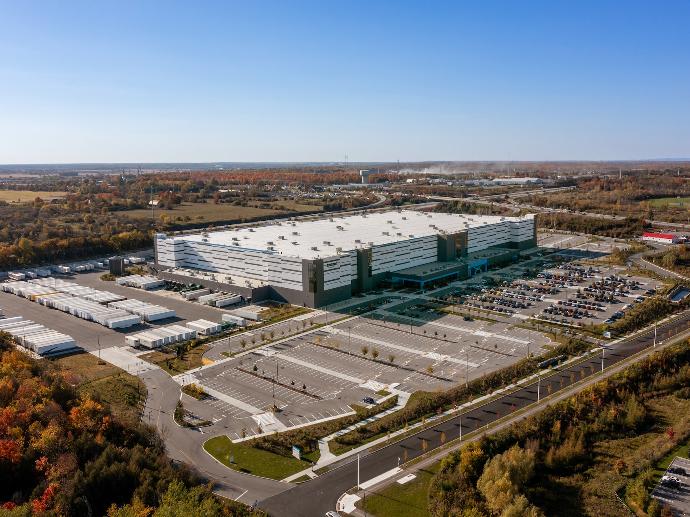
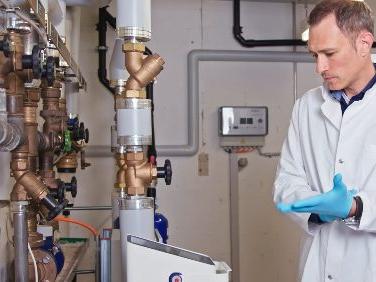
Speed and reliable results matter.
In case of a microbial outbreak the technical facility manager takes water samples at defined water sampling points throughout the facility.
Samples are provided for rqmicro.COUNT analysis on-site or sent to the lab. On-site analysis on rqmicro.COUNT can provide results within 2 hours.
If contamination has been confirmed and located, typical measures include temporary closing of affected rooms, replacement of affected shower heads, water flushing and water treatment.
Equally, reliable and fast Legionella tests support the fast re-opening of facilities after unused periods or hygiene measures.
rqmicro.COUNT
An effective outbreak management in buildings through:
- On-site testing on rqmicro.COUNT with results available immediately online
- Localization of outbreaks to take targeted and effective measures
- Assessing facilities after unused period or upon change of ownership
- Fast reopening after successful measures
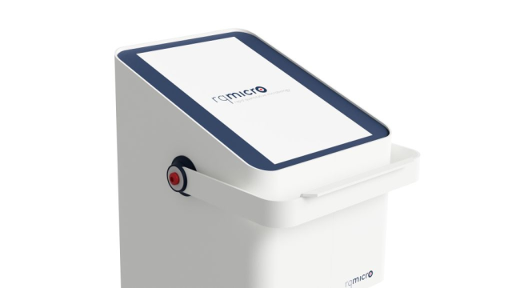
Benefits
Localize Legionella hot spots in large infrastructures
Immediately verify the success of hygiene measures
Fast release facilities for visitors and employees after down-time

Localize Legionella hot spots in large infrastructures

Immediately verify the success of hygiene measures

Fast release facilities for visitors and employees after down-time
Rapid Microbiology Tests for Facility Management
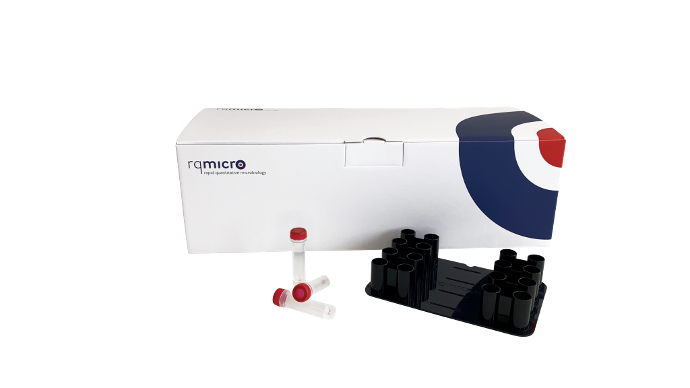
Intact Cell Count
Test kit for the rapid and quantitative detection of total viable bacteria in water samples.
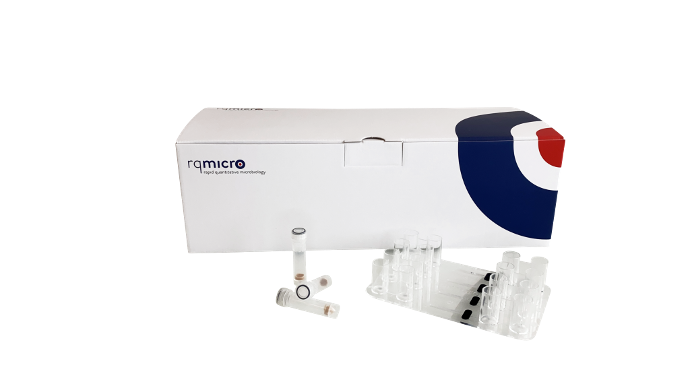
Legionella Test Kits
Test kits for the rapid and quantitative detection of Legionella in water samples.
Take the first step towards gaining a deeper understanding of what's affecting your water system.

Christophe Gutknecht
Senior Sales Manager
+41 78 229 51 15
christophe.gutknecht@rqmicro.com
Connect on LinkedIn
Book a consultation with Christophe
Recommended for You:

Monitoring Microbiologically Influenced Corrosion (MIC) with Intact Cell Count (ICC)
rqmicro recommends that industry managers perform routine microbial monitoring using the rqmicro ICC test kits and the rqmicro.COUNT instrument.
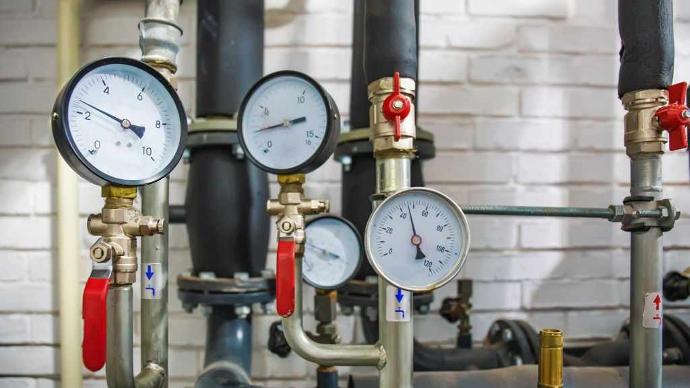
Reduce Warm Water Temperature to Save Energy? Yes, but Beware of Microbiology
At rqmicro, we have developed rapid and quantitative microbiology tests which enable safe and efficient energy saving.
Source:
1. National Academies of Sciences, Engineering, and Medicine 2020. Management of Legionella in Water Systems. Washington, DC: The National Academies Press. https://doi.org/10.17226/25474
